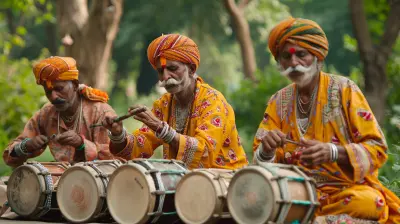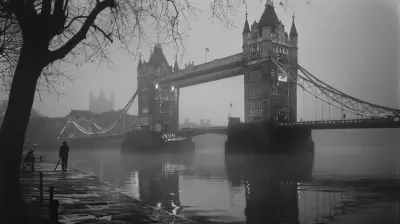Local Wisdom: The Heritage of Oral Traditions in Storytelling
7 July 2025
Have you ever sat around a campfire, hanging onto every word of a story passed down through generations? There’s something magical about a tale that isn’t read from a book but spoken from the heart—something ancient, raw, and deeply human.
Welcome to the world of oral storytelling—a living, breathing form of cultural expression that has traveled through time. This isn’t just about fairy tales or folklore. It’s about identity, history, and the way communities capture wisdom without ever writing a single word down. Let’s dive into why oral traditions are such a valuable gem in the treasure chest of local heritage and why we should keep listening, sharing, and celebrating them.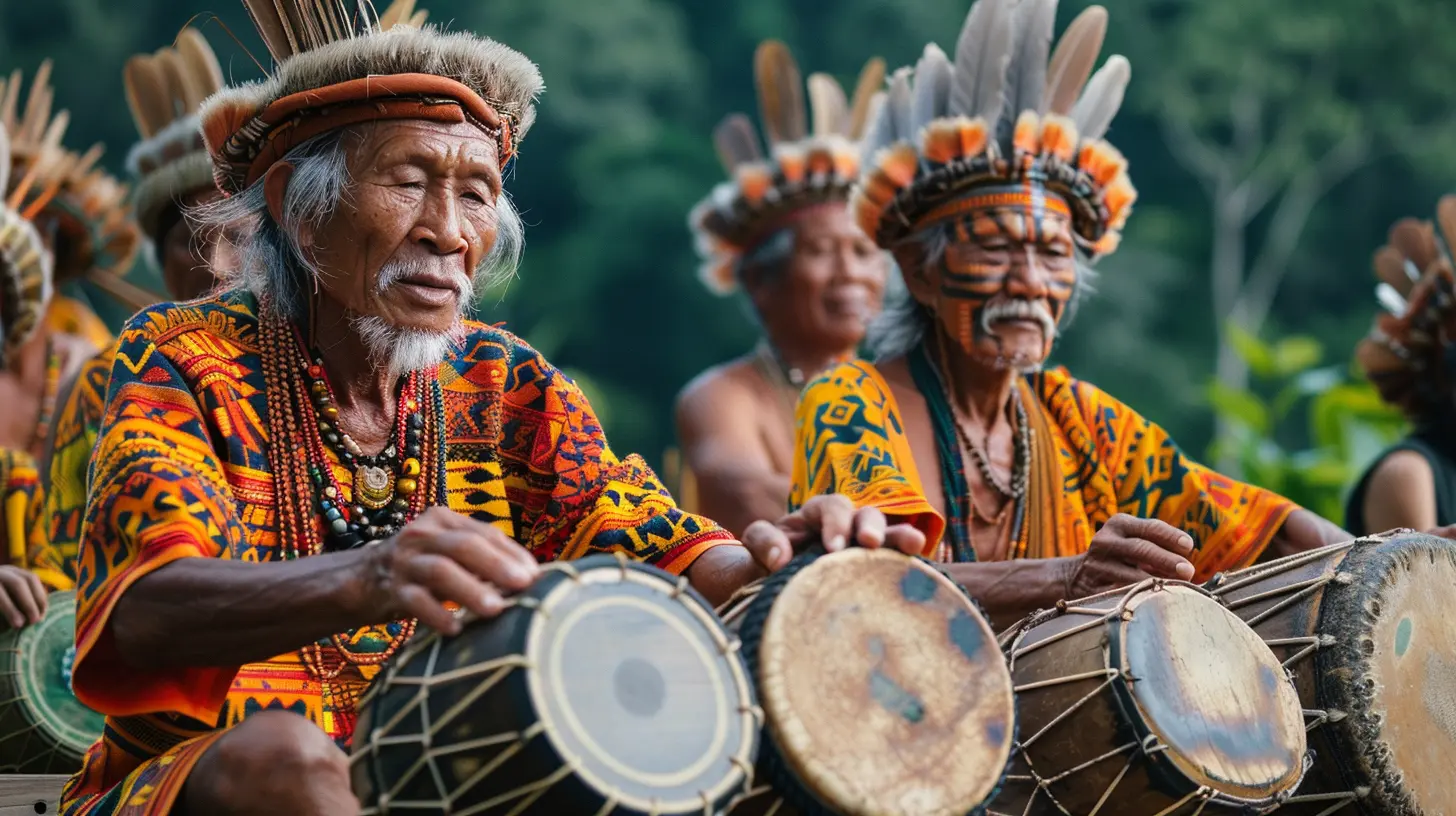
What Are Oral Traditions Anyway?
In the simplest terms, oral traditions are stories, songs, chants, proverbs, histories, and teachings passed from person to person, voice to ear. Think of them as cultural time capsules. Before books, libraries, or Google, this was how knowledge was preserved and passed on.But here’s the twist—oral storytelling is different from simply talking. It's an art. It’s a performance. It’s a connection between the storyteller and the listener. Every pause, laugh, gesture, or dramatic silence adds layers to the tale. It’s the OG version of Netflix binge-watching—captivating, emotional, and often unforgettable.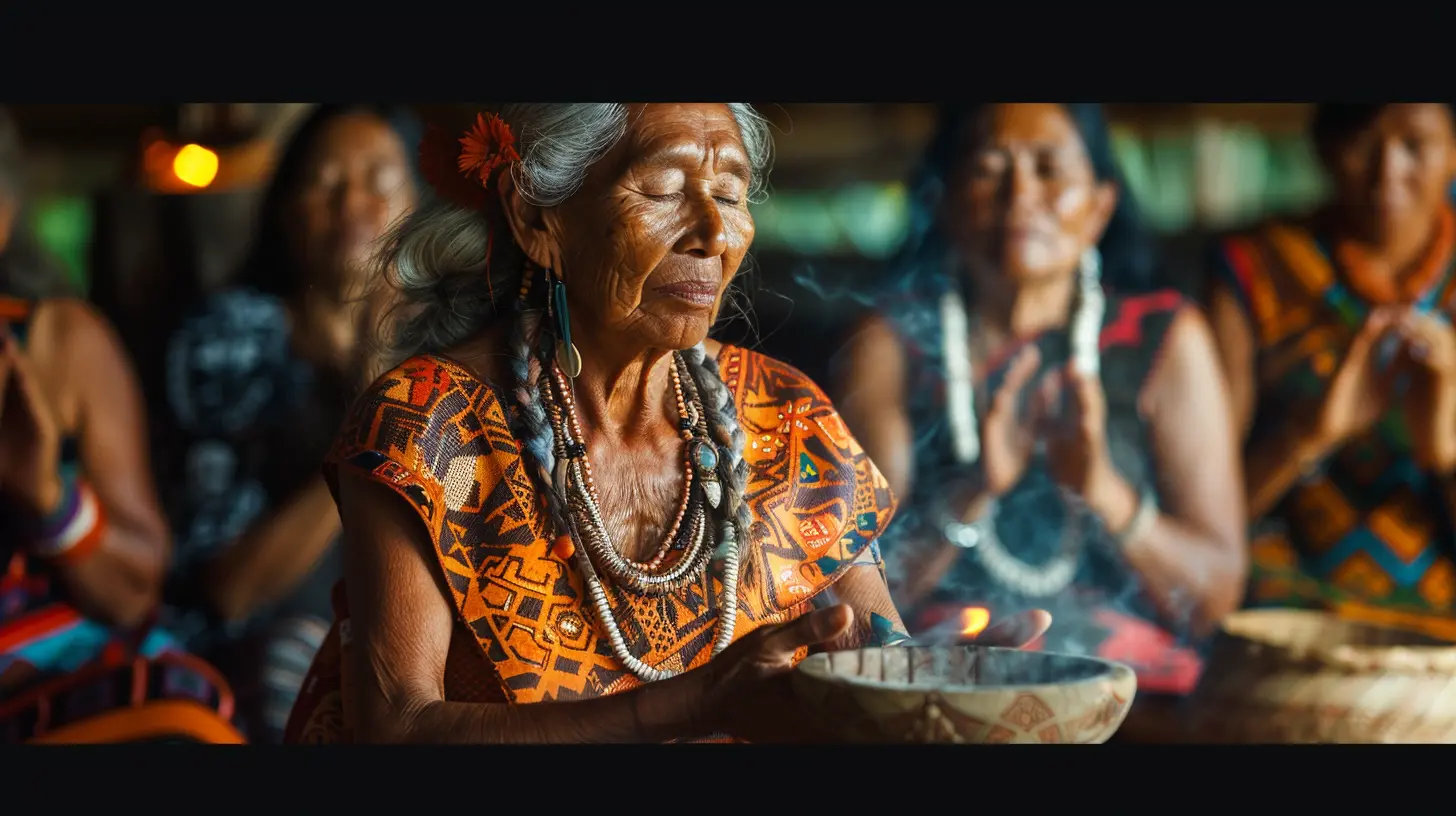
Why Is Oral Storytelling Considered "Local Wisdom"?
You might be wondering, “What makes it wisdom and not just a bunch of old tales?” Great question.Oral traditions are local because they arise from specific communities. They hold the values, beliefs, and collective experiences of those people. They are wisdom because they teach—life lessons, morals, survival tips, and cultural norms—all without a single textbook.
From Indigenous tribes in North America to African griots or Southeast Asian bedtime tales, oral storytelling is a vital way for local communities to pass down practical wisdom—from how to plant crops to resolving conflicts or honoring ancestors.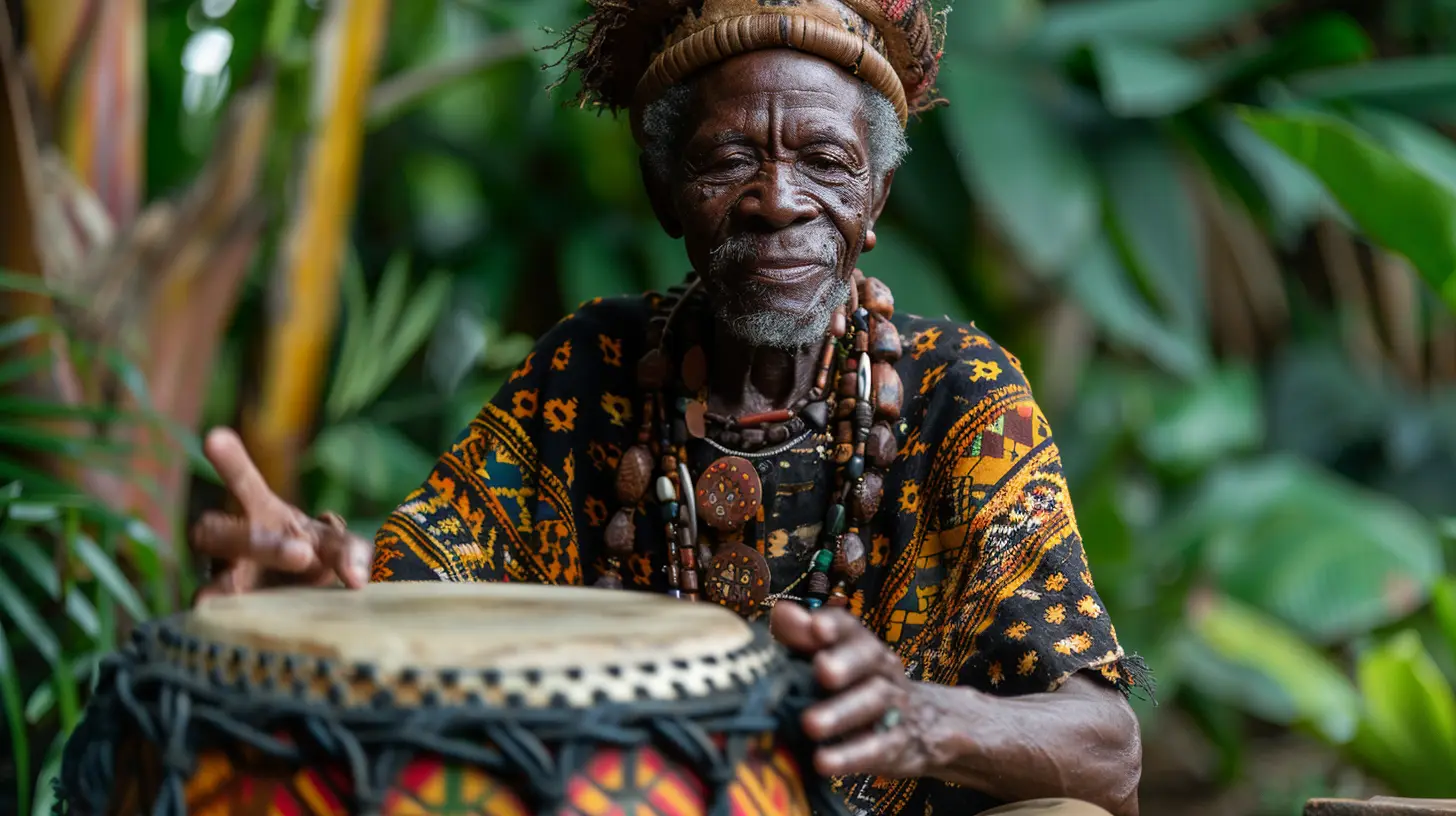
The Role of Storytelling in Preserving Culture
Imagine losing your connection to your heritage just because someone stopped telling the stories. That’s how fragile oral traditions can be. Yet, their power lies in their ability to evolve and adapt while keeping culture alive.Every story passed down is a thread in the vast, colorful tapestry of human culture. Local stories contain references to weather patterns, sacred places, rituals, and community heroes. They might even explain the origins of natural landmarks or why the moon looks a certain way.
If you’ve ever heard a grandmother’s tale about a mountain that’s actually a sleeping giant, congratulations—you’ve experienced this cultural preservation firsthand.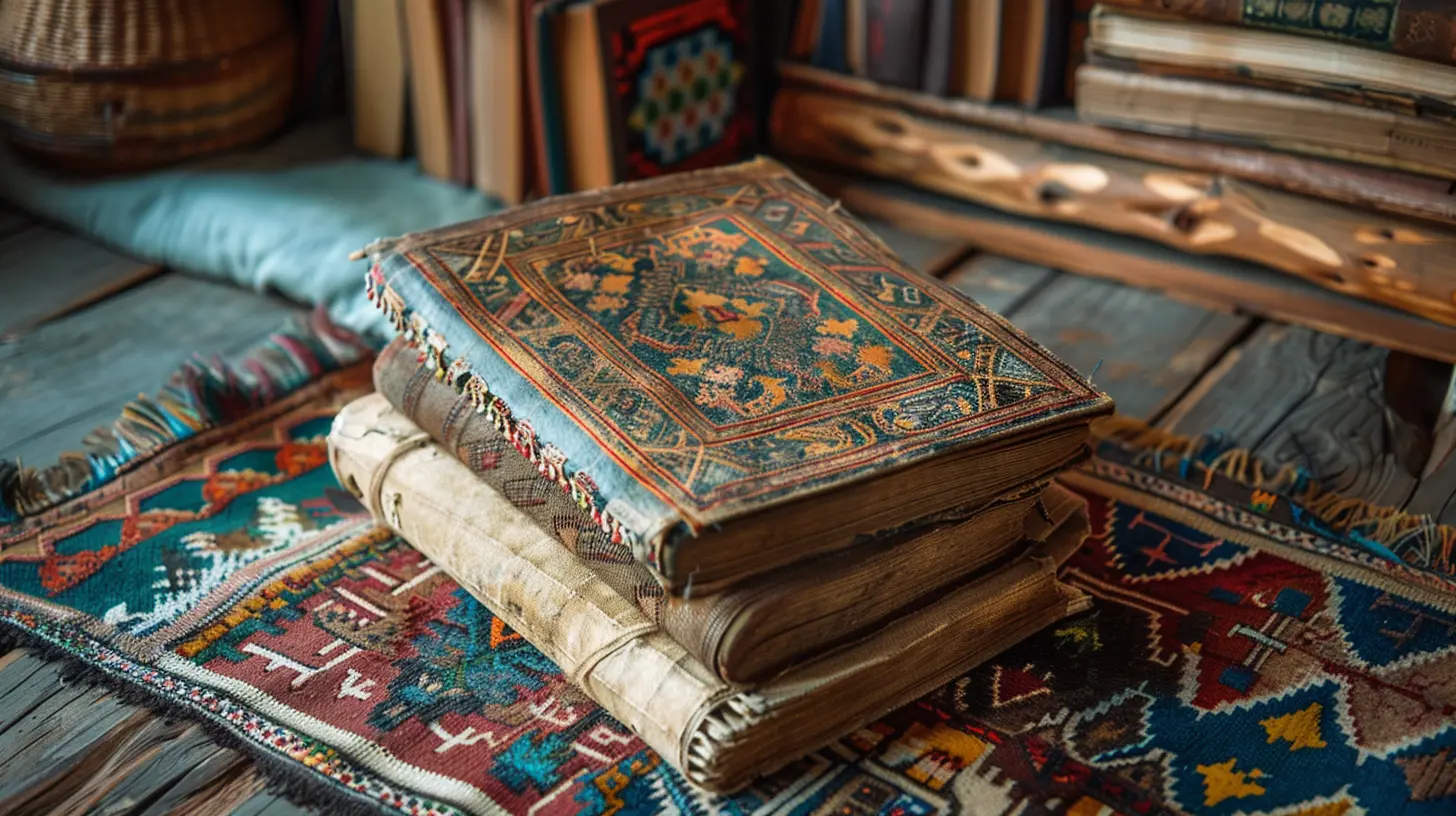
Oral Traditions Around the World
One of the beautiful things about oral storytelling is its global reach. Let’s take a little tour, shall we?🔥 Africa – The Griots of West Africa
In many West African communities, griots (also known as jeli or jali) are the living libraries. These skilled storytellers, poets, and musicians preserve history, genealogy, and traditions through spoken word. It’s like Wikipedia…but way cooler.🌊 Polynesia – Navigating by Stories
In Polynesian cultures, navigators learned how to travel vast oceans not through maps—but through stories encoded with information about stars, tides, and winds. Each tale was a mnemonic, a memory trigger, for navigating the seemingly endless sea.🐺 Indigenous North America – Legends of the Land
Native American tribes have oral traditions rich with creation stories, moral tales, and legends tied closely to nature. Every animal or landscape has a tale that teaches respect, balance, and community spirit.🏞 Asia – Epics Passed Through Generations
Take the Ramayana or Mahabharata in India—epic stories that were passed orally for centuries before being written down. Storytelling events, known as "kathakalakshepam," are still held in villages, combining drama, music, and philosophy.🏰 Europe – From Fairy Tales to Folk Myths
Many of Europe’s best-loved fairy tales—like Cinderella or Little Red Riding Hood—originated as oral folk traditions. These stories were often lessons for children disguised in whimsical, sometimes eerie, narratives.The Storyteller: More Than Just a Speaker
Let’s not forget the real MVP in all this—the storyteller. These folks are not just talkers; they’re cultural custodians. They carry the immense responsibility of remembering—not just the words but the emotion, the timing, the nuance.A good storyteller can make you laugh, cry, and gasp all in one sitting. Ever watch someone who speaks with their whole body? That’s what a traditional storyteller does. They live the story. They are the story.
The Beauty of Variations in Oral Tales
Here’s something fun—no two versions of a story are ever the same. And that’s the point. Each storyteller adds their flavor, maybe changing a detail or the setting to fit the moment or the audience.It’s like the story is a living organism, evolving with time while preserving its essence. That’s why retelling isn’t rewriting—it’s reimagining.
How Oral Traditions Survive Today
You might think oral traditions are a thing of the past, but guess what? They’re still alive and well—just in different forms. Podcasts, spoken-word poetry, rap battles, and even stand-up comedy carry the DNA of oral storytelling.Communities across the world are also working hard to preserve their storytelling heritage through festivals, workshops, and cultural programs.
Let’s give a shout-out to grandma’s bedtime stories and your uncle’s exaggerated fishing tales—they’re the unsung modern-day storytellers!
Why Should We Care?
Honestly, oral storytelling touches every part of our lives even if we don’t realize it. Here’s why it matters:- 🧠 Memory Building – It sharpens our listening and memory skills in ways no textbook can.
- 💬 Language Preservation – Many endangered languages survive only through spoken word.
- 🌍 Cultural Pride – Sharing stories builds a strong sense of belonging and identity.
- ❤️ Human Connection – It nurtures empathy and community bonding.
- 🧩 Education – Stories make learning fun. Who wouldn’t prefer hearing a tale to reading a dry historical summary?
How to Experience Local Storytelling While Traveling
If you’re a traveler with a curiosity itch, this is for you. Next time you visit a new place, skip the museum for a bit and find the local storyteller. Here’s how:- Attend storytelling festivals – Many cultures organize annual events celebrating oral traditions.
- Hang out with elders – They’re living encyclopedias. Just ask, and they’ll likely share.
- Join cultural retreats – From drumming sessions in Ghana to folktale nights in Bali, these immersive experiences are unforgettable.
- Support local artists – Buy their books, attend their performances, or just listen respectfully.
- Respect the context – Some stories are sacred. Appreciate them without demanding too much.
Remember, to truly hear a story, you need to listen with your heart, not just your ears.
Challenges in Preserving Oral Traditions
Let’s be real—oral storytelling is endangered. As younger generations lean into digital life, fewer people are learning the old ways. Also, some stories are getting lost as dominant languages replace indigenous tongues.But here’s the good news: there’s a revival! Many communities and organizations are recording elders, digitizing stories, and even creating apps to keep oral traditions alive and vibrant.
So if you’re tech-savvy and passionate about culture, you can be part of the reason these stories survive.
Final Thoughts: Keep the Story Going
So, what’s your story? What tales did you grow up hearing? Maybe a spooky ghost legend from your hometown, or a funny family anecdote that gets told at every gathering?Storytelling is one of those rare things that unite us all. Whether you’re in a quiet village in Peru or a bustling city in Italy, stories are the bridges between generations, languages, and hearts.
Next time someone starts a sentence with, “Let me tell you something my grandfather told me,” lean in. You’re about to receive a piece of timeless local wisdom.
And maybe—just maybe—it’s your turn to pass it on.
all images in this post were generated using AI tools
Category:
Cultural ExperiencesAuthor:

Winona Newman
Discussion
rate this article
2 comments
Kane McCloud
Thank you for this insightful article on the importance of oral traditions in storytelling. It's fascinating how these narratives not only preserve local heritage but also enrich our understanding of diverse cultures. Celebrating and sharing these stories is essential for fostering connections among communities and future generations. Keep up the great work!
September 20, 2025 at 3:38 PM

Winona Newman
Thank you for your thoughtful comment! I'm glad you found the article insightful. Oral traditions truly are vital for preserving culture and fostering connections.
Jaxon Carey
What a fascinating glimpse into the power of oral traditions! It’s incredible how storytelling shapes cultural identities and preserves history. I’m curious to learn more about specific tales from different regions. How do these stories influence modern society and tourism today? Looking forward to exploring further!
July 11, 2025 at 4:56 PM

Winona Newman
Thank you for your interest! Oral traditions indeed play a vital role in shaping cultural identities and influencing modern society. Specific tales often become popular tourist attractions, fostering cultural appreciation and connection. I'm excited for you to explore these stories further!

